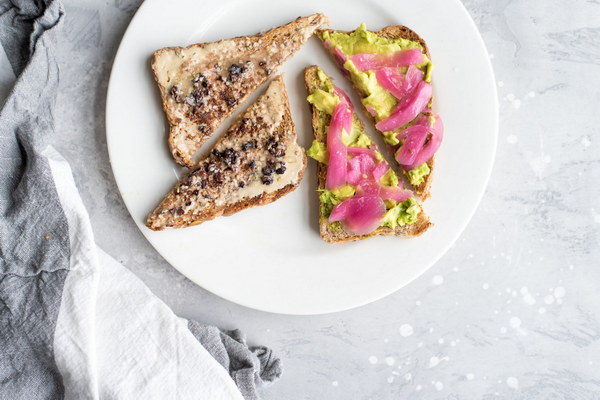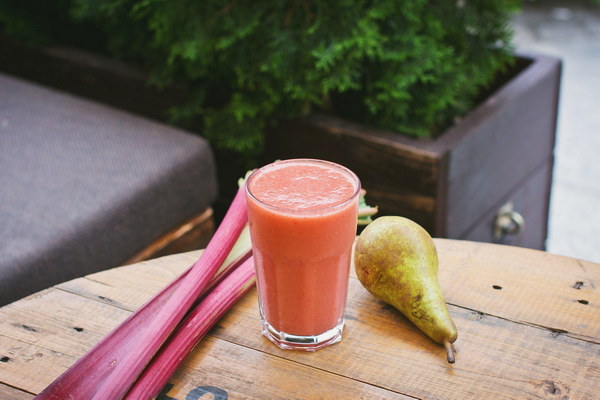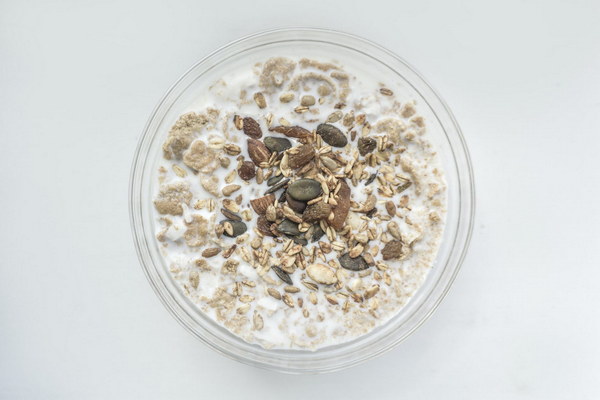Maintaining a Healthy Lifestyle Tips for High Blood Pressure Management
Introduction:
High blood pressure, also known as hypertension, is a common health concern that affects millions of people worldwide. It is crucial to adopt a healthy lifestyle to manage and control high blood pressure effectively. This article provides you with essential tips and strategies to help you maintain a healthy body and mind if you are dealing with high blood pressure.
1. Monitor Your Blood Pressure Regularly:

Regular monitoring of your blood pressure is essential to keep track of your condition and make necessary adjustments to your lifestyle. Invest in a blood pressure monitor and check your readings at least once a week. Consult with your healthcare provider if you notice any sudden or significant changes in your readings.
2. Adopt a Heart-Healthy Diet:
A balanced and heart-healthy diet is crucial for managing high blood pressure. Focus on incorporating the following foods into your daily meals:
- Fruits and vegetables: Aim for a variety of colorful fruits and vegetables, which are rich in essential nutrients and fiber.
- Whole grains: Choose whole grains such as brown rice, oatmeal, and whole wheat bread to increase your fiber intake.
- Lean protein: Opt for lean protein sources like poultry, fish, beans, and tofu, which are low in saturated fat.
- Low-fat dairy: Include low-fat dairy products like milk, cheese, and yogurt in your diet.
- Healthy fats: Incorporate healthy fats such as avocados, nuts, and olive oil into your meals.
Avoid or limit the consumption of sodium, processed foods, sugary beverages, and saturated fats, as these can contribute to high blood pressure.
3. Engage in Regular Physical Activity:
Physical activity is an essential component of managing high blood pressure. Aim for at least 150 minutes of moderate-intensity aerobic exercise per week, such as brisk walking, swimming, or cycling. Additionally, include strength training exercises twice a week to build muscle and improve overall health.
4. Maintain a Healthy Weight:
Excess weight can contribute to high blood pressure. Strive to achieve and maintain a healthy weight by adopting a balanced diet and engaging in regular physical activity. Consult with a healthcare provider or a registered dietitian to determine your ideal weight and create a personalized plan.
5. Limit Alcohol Consumption and Avoid Smoking:
Excessive alcohol intake and smoking can worsen high blood pressure. Limit your alcohol consumption to moderate levels (up to one drink per day for women and up to two drinks per day for men) and avoid smoking altogether. Seek support and resources if you need assistance in quitting smoking.
6. Manage Stress:
Stress can lead to increased blood pressure. Find healthy ways to manage stress, such as practicing relaxation techniques (e.g., deep breathing, meditation, yoga), engaging in hobbies, or seeking support from friends, family, or a mental health professional.
7. Stay Hydrated:
Proper hydration is crucial for maintaining healthy blood pressure. Aim to drink at least eight glasses of water per day and avoid excessive caffeine and sugary beverages.
8. Regular Check-ups and Medication Adherence:
Maintain regular appointments with your healthcare provider to monitor your blood pressure and discuss any concerns. Follow their recommendations and take your medication as prescribed to effectively manage high blood pressure.
Conclusion:
Managing high blood pressure requires a comprehensive approach that includes lifestyle modifications and regular medical care. By following the tips outlined in this article, you can take control of your health and reduce the risk of complications associated with high blood pressure. Remember to consult with your healthcare provider before making any significant changes to your lifestyle or medication regimen.









